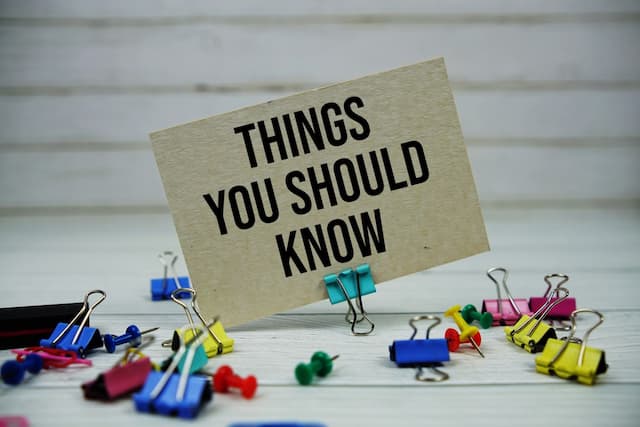
The Biblical Definition of Humility-
I confess I was seriously underwhelmed by that definition. expected more. A lot more. I expected a more colorful description, more specifics, possibly even a bad example or two. I figured the def…


I confess I was seriously underwhelmed by that definition. expected more. A lot more. I expected a more colorful description, more specifics, possibly even a bad example or two. I figured the def…

Recently a lady was driving along a highway, when a small plane crashed landed and hit her car. She was not hurt, but thankfully she was th...

Explore how Mary’s faith invites us to trust God’s plan and consider the extraordinary things we may miss when we hold back.

New York Times bestselling author Lee Strobel’s journey to his faith in Jesus Christ is well documented. A highly successful editor at the The Chicago Tribune, Strobel was an atheist who set out to prove that Christ was nothing more than a solid teacher rather than the Son of God....